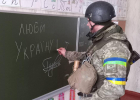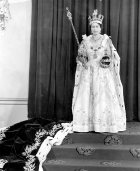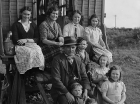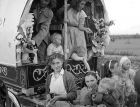Living Memory
Studying events within living memory can help young children to gain an early understanding of chronology and that history is made all of the time. It also helps them to understand the world and their place within it. Through this Key Stage 1 unit of study, children are introduced to historical concepts, vocabulary and representations through exploring the ways in which life has changed over the time of their parents, grandparents and great-grandparents. This can be used to reveal aspects of national events or changes where possible. Popular areas for this topic include family, toys, holidays, the climate, technology, school, among many others. In this section you will find articles and guidance to help you plan exciting and creative ways to introduce your children to the study of history.
-

50th anniversary of the UK’s first official Pride march: 1 July 2022
ArticleClick to view -

Pull-out posters: Primary History 90
ArticleClick to view -

Jubilee medals: celebration and creation
ArticleClick to view -

The Queen in procession
ArticleClick to view -

Happy and Glorious: exploring and celebrating the Platinum Jubilee
ArticleClick to view -

Ten texts for the Platinum Jubilee
ArticleClick to view -

Back to basics: using artefacts in the classroom
ArticleClick to view -

Teaching about the Russian invasion of Ukraine and events happening there
ArticleClick to view -

Scheme of work: Queen Elizabeth II
ArticleClick to view -

Scheme of work: The Platinum Jubilee
ArticleClick to view -

Women and space: reaching for the stars
ArticleClick to view -

Promoting Gypsy, Roma and Traveller heritage in your primary history curriculum
ArticleClick to view -

Sporting legacy: the history of endeavour
ArticleClick to view -

EYFS Medium Term Plan - Toys and Games
ArticleClick to view -

Teaching Gypsy, Roma and Traveller history
ArticleClick to view -

Anniversary: Festival of Britain 1951
ArticleClick to view -

Changes in an aspect of social history from 1945 to 2000: youth culture
ArticleClick to view -

How to make a toy museum
ArticleClick to view -

Fifty years ago we lost the need to know our twelve times tables
ArticleClick to view -

Belmont’s evacuee children: a local history project
ArticleClick to view

